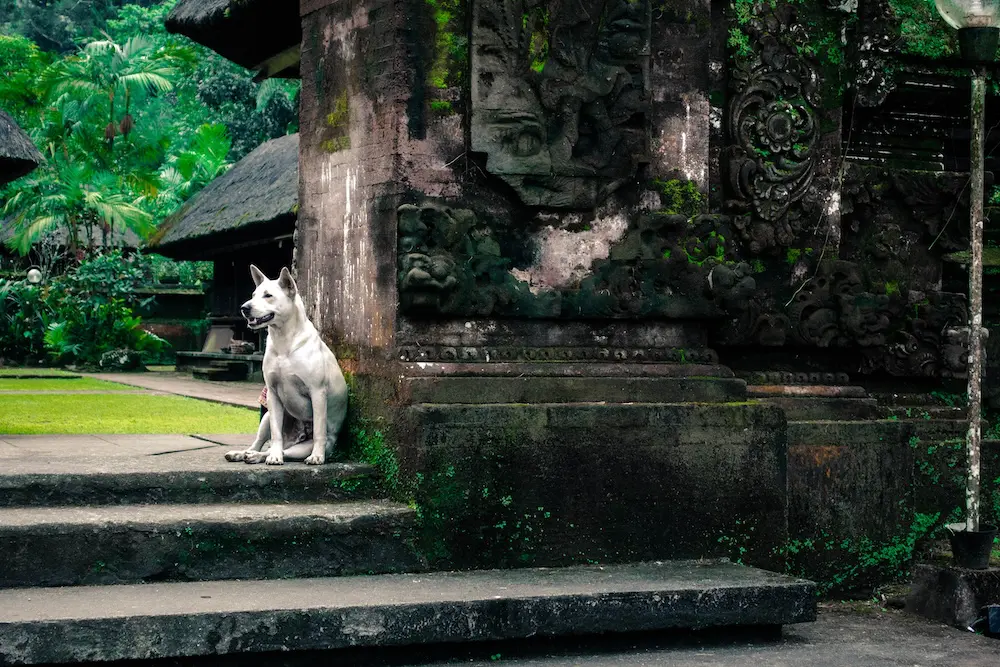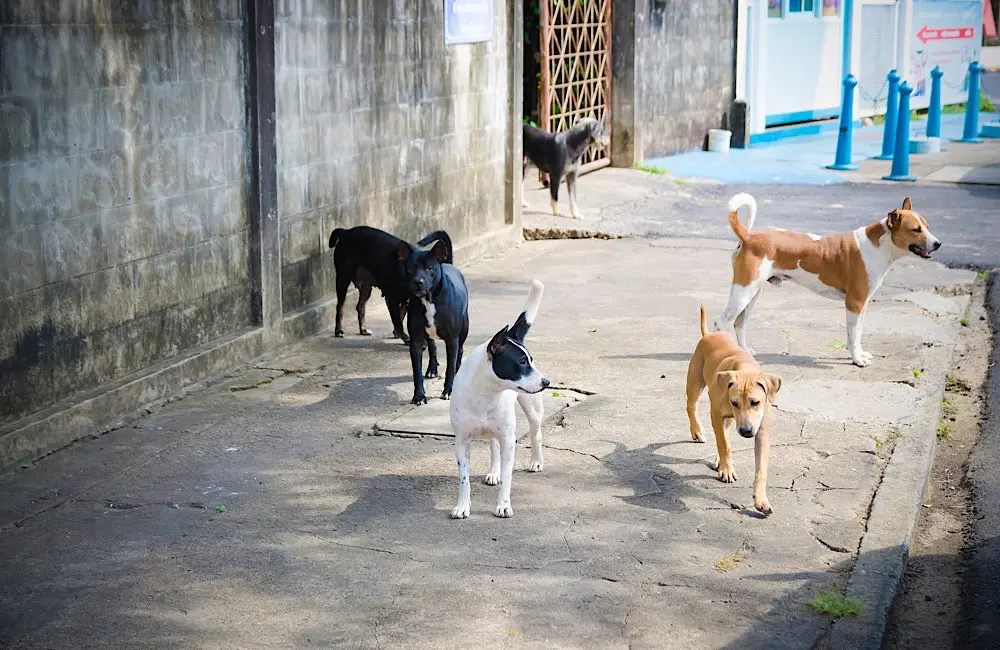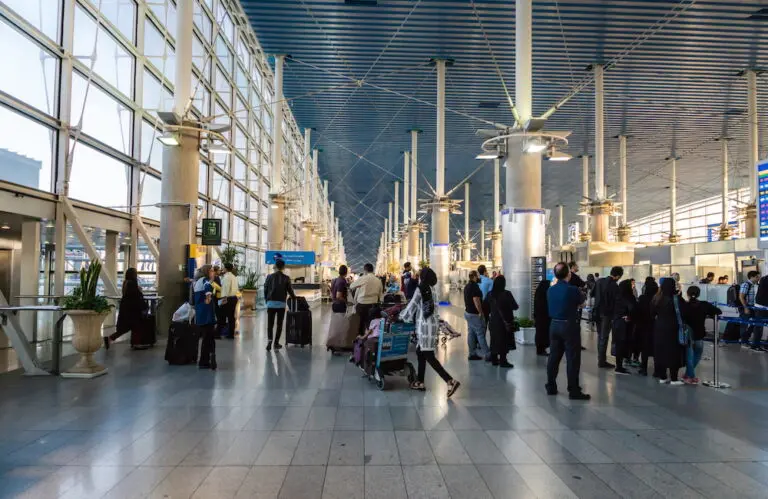A major Australian travel insurer is reporting a rise in rabies-related claims in the Indonesian province, prompting fresh warnings for Aussie travellers heading to the holiday hotspot.
According to Zoom Travel Insurance, dog bites remain the leading cause of incidents, especially in ‘red zone’ tourist areas like South Kuta and Mengwi District.
Consequently, Bali authorities have ramped up stray dog vaccinations in these areas. However, risks remain for unprepared visitors.
Zoom Marketing Manager Natasha Sullivan says travellers often underestimate the severity of bites and scratches, even minor ones.

“Our team has noticed an increase in Bali claims tied to dog bites and the need for rabies treatment,” she remarked.
“While actual cases of rabies are rare, any stray or wild animal bite requires immediate treatment, given the potentially fatal consequences of an untreated infection.
“Even if the injury is very small, any sort of skin penetration should be considered a rabies risk and must be treated.”
What to do
Specifically, Sullivan says that if you haven’t been vaccinated for rabies and an animal bites you, “you will need a shot within seven days of being bitten.”
“You will then require a follow-up dose on day 3, 7, 14, and 28 after exposure, with the full treatment costing anywhere between $3,000 and $10,000, depending on where you are in the world,” she added.
Complicating matters, rabies treatment can sometimes be costly or more difficult to access in certain countries, especially in rural areas.
“Rabies treatment can be very hard to obtain at some destinations, and in some instances, you may have to fly or travel elsewhere to secure the vaccine,” Sullivan said.

Beyond dog bites, Zoom’s warning extends to monkey forests and wildlife parks. Citing a 2023 NSW Health report, it flags that 145 Australians were hospitalised due to animal bites abroad, many from monkeys in Southeast Asia.
And while there are no confirmed rabies cases from monkeys at Bali’s regulated sites, Sullivan says other infections, like the herpes B virus or tetanus, are a genuine concern.
What DFAT says
According to the Department of Foreign Affairs (DFAT), “Rabies is present and is a risk throughout Indonesia, including at tourist destinations”.
“Rabies is 100% fatal. It is mainly transmitted by dogs, cats and monkeys, but can be transmitted by sea and land mammals,” it adds.
In addition, DFAT says rabies treatment in Indonesia, including Bali, may be limited.
“The rabies vaccine is not available everywhere in Indonesia, and rabies immunoglobulin is generally not available at all to treat rabies if you contract it,” it states on its Smartraveller website.
“If you’re bitten, you may need to return to Australia or travel to another country for immediate treatment.”
To lower the risk of rabies, DFAT urges Aussies to get vaccinated prior to travel, avoid direct contact with animals, and not feed or touch any animals.
If you’ve been bitten or scratched by an animal, it recommends to immediately wash the wound thoroughly for 15 minutes using soap and water and seek urgent medical attention.
Insurance imperative

Sullivan also stresses the importance of comprehensive travel insurance to avoid costly scenarios.
“Should treatment not be available locally, travel insurance can assist in paying to get you to quickly to the best available medical centre,” she remarked.
“Should this mean flying to another country, travel insurance would typically cover emergency evacuation and associated medical costs, ensuring you receive timely and appropriate care.”
“Having immediate access to assistance can make a significant difference in navigating and resolving unexpected situations. Always check your travel insurance policies, ensuring they provide sufficient support and adequate coverage for potential wildlife encounters and emergencies.”
In other Bali news, leaders in the island’s Badung Regency – which includes hotspots like Kuta, Legian, and Canggu – recently announced they are taking a page from Queensland’s playbook, with plans to give its most popular beach areas a distinctly Aussie-style revamp. Read more about that here.






